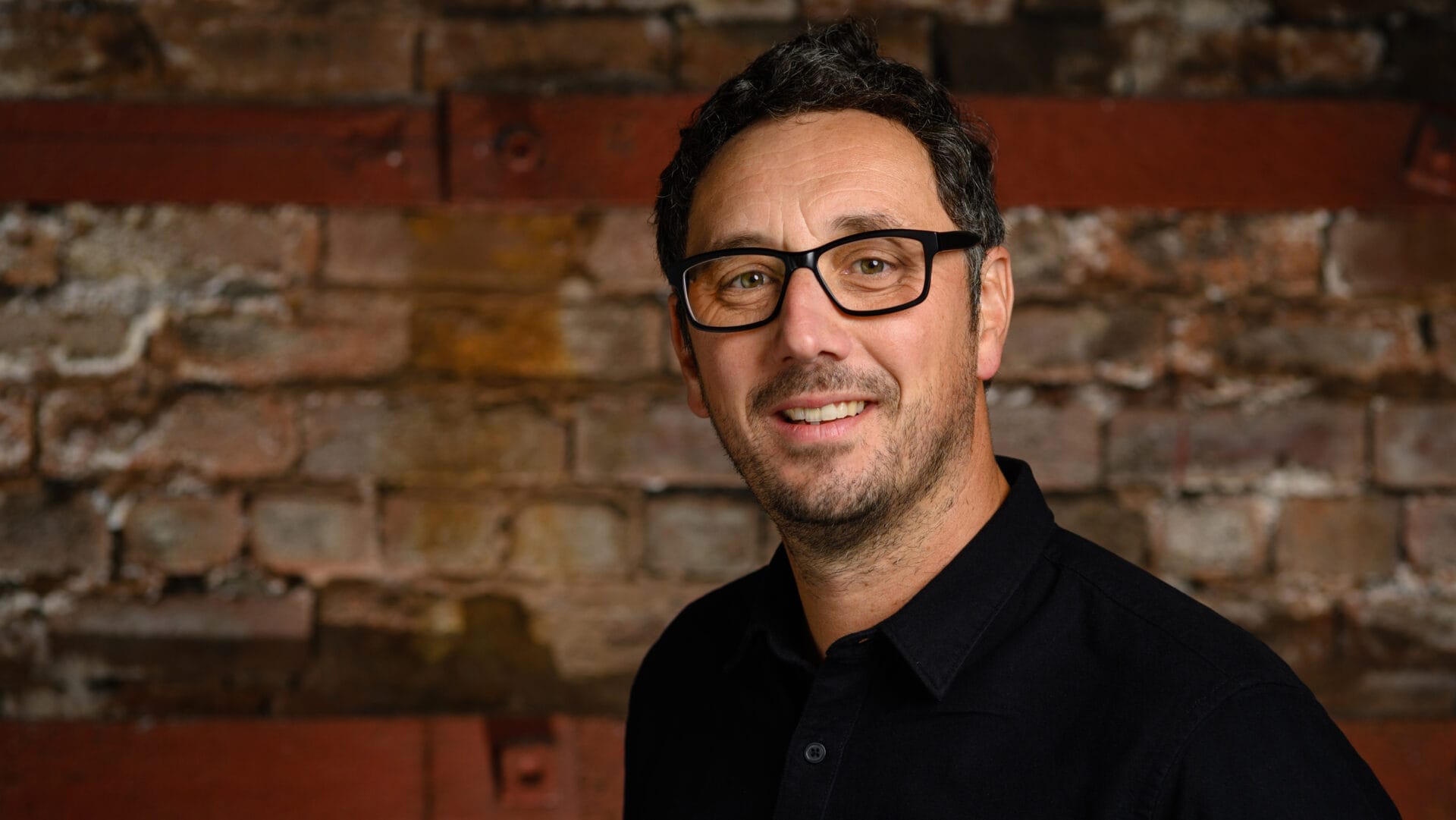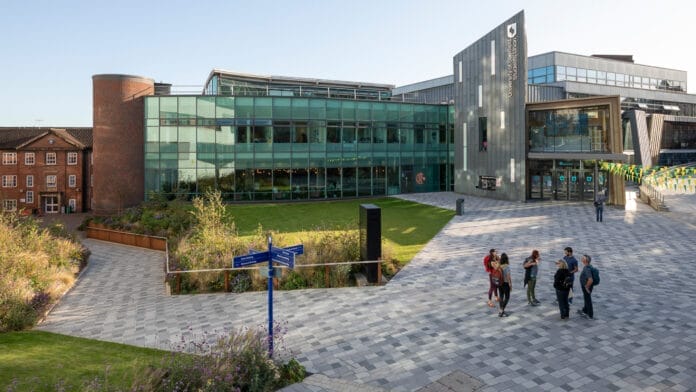
If you haven’t read the Landscape Architecture focused summer edition of Urban Realm Magazine you can read below what HLM’s chartered landscape architect Mark Collins had to say in this edition below.
“At HLM we are passionate about putting bio-diversity at the forefront of our design decisions.”
What project from the past year has inspired you?
I was part of the team as lead landscape architect that delivered a new social sciences building for the University of Sheffield. Providing green ‘pocket parks’ as an extension to the campus. It was truly inspiring to see the years of design development after thorough stakeholder engagement combined with contractor collaboration. This now award winning project has been hugely well received by the client, stakeholder and the local community with the project delivering everything it set out to do by incorporating an holistic innovative design approach with an underlying vision to provide a sustainable building and landscape.
If you had a magic wand what would you change to improve the profession?
If I had a magic wand I would make urban design and landscape the main component and focus for any new development, and not secondary. The challenge for landscape professionals and the landscape institute is to improve the exposure of professionals and educate governance, clients, stakeholders, collaborators and contractors on why it is so vital to influence current thinking on issues effecting landscape and what the profession can deliver when it comes to protect, conserve and enhance the natural and built environment.
What are you most looking forward to in 2024?
I am most looking forward to seeing the impact that the mandatory 10% Biodiversity net gain (BNG) legislation that came into force in February has for the major development and our environment, and the impact this will have on embedding green infrastructure and climate resilience within our communities. At HLM we are passionate about putting bio-diversity at the forefront of our design decisions and believe BNG will help communities adapt to climate change by increasing resilience to extremes of weather, helping to improve air and water quality. BNG can help mitigate climate change through the restoration and protection of nature.


